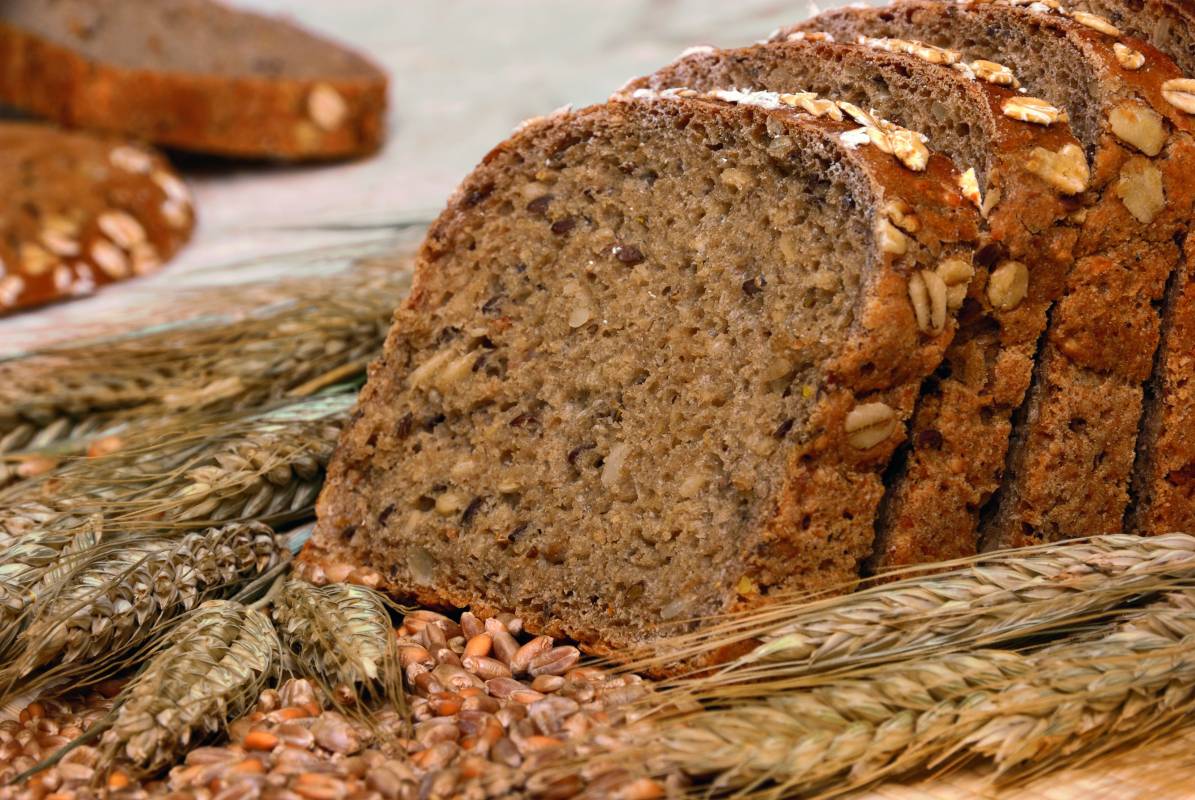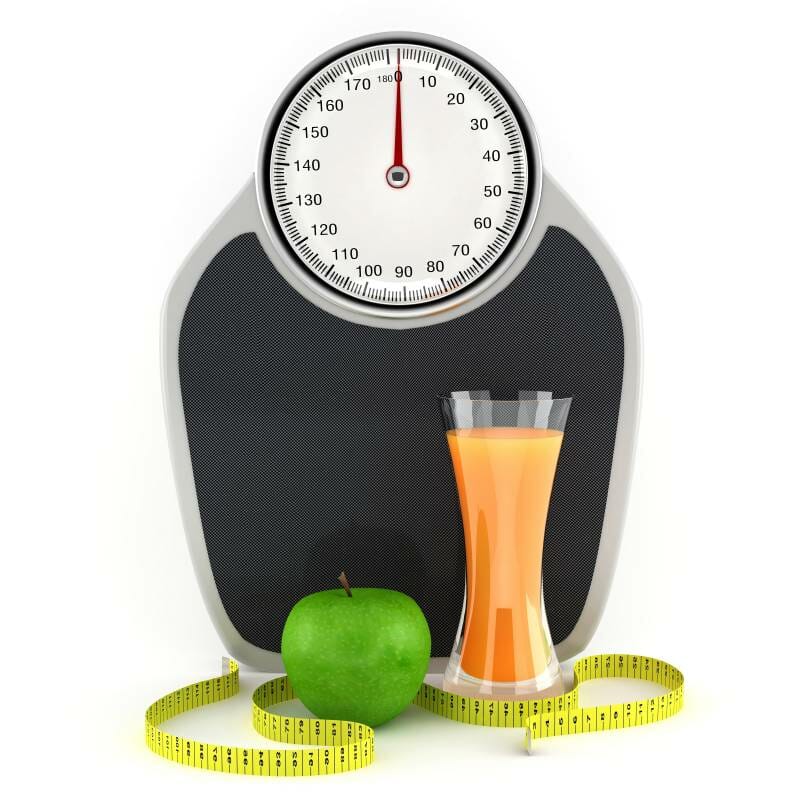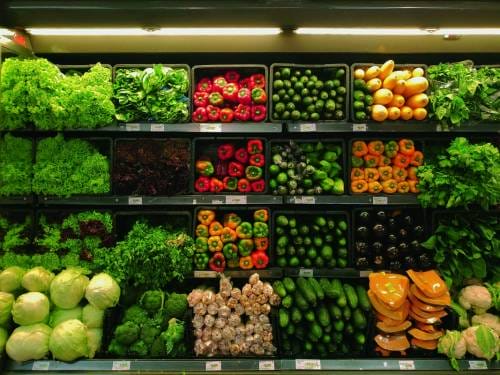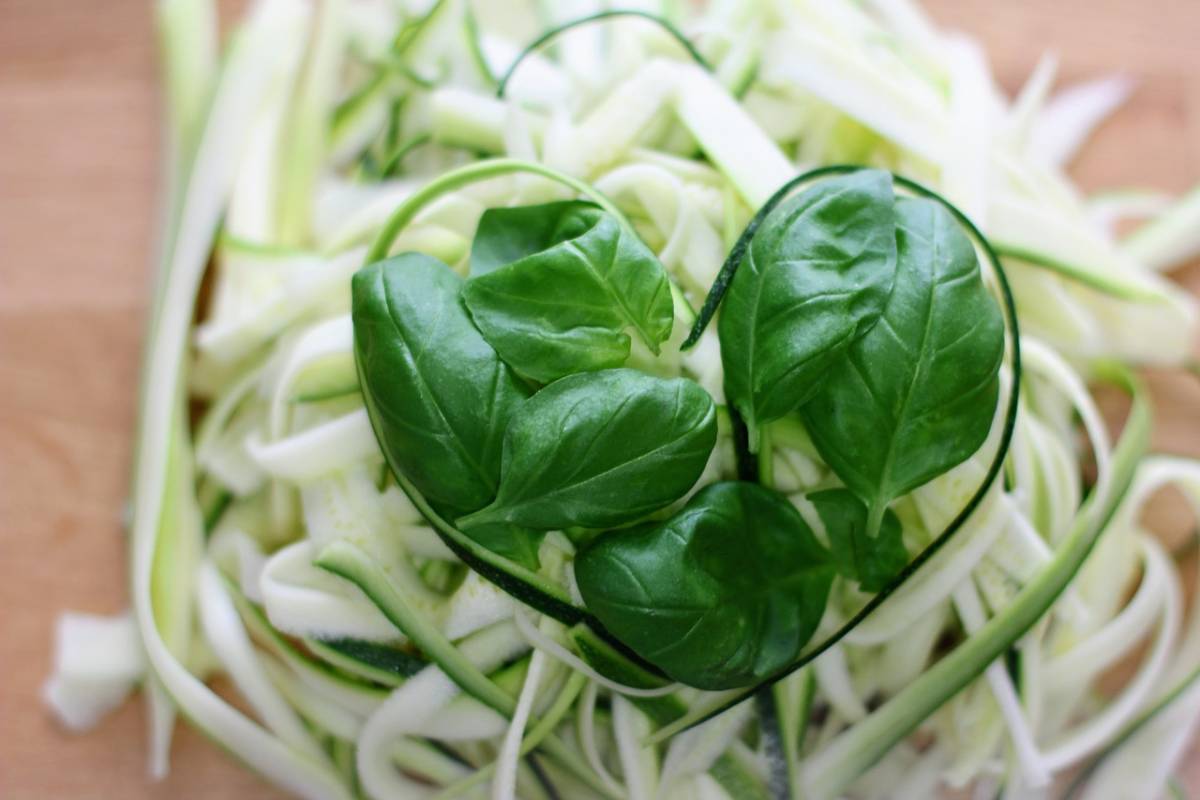Holiday season can be a time when healthy routines go by the wayside, this year especially because of the COVID-19 pandemic. It’s not hard to understand why: the 3-months confinement made us dream about our famous restaurants and bars, so during holidays many of us afforded ourselves tasty and filling meals almost every night (or often). Don’t forget also about the propensity to eat on the go and an over-reliance on easily available food that’s cheap, convenient and satisfying. So, it’s all too easy to overindulge and put on weight…
Some of us are more active while on holiday, but many of us get into a «holiday mode» that involves sitting or lying down for much of the time. Think about all those long plane or car rides, hours spent reading on the sofa, finally catching up on the latest television series, checking in with friends or reading the latest news and updates in front of the computer. We also tend to sleep more. That’s not a bad thing — just that you’re burning fewer calories than when you’re awake and active.
So, what to do? Start by making small changes. Many people get overwhelmed when they find out they’ve put on weight. Sometimes even losing two kilos can sound impossible — never mind five. We remind you that it’s neither safe or effective to try to lose weight too quickly. Dropping half a kilo, maximum one kilo per week makes it a lot easier to keep the weight off for good.
Here are some of the best recommendations for getting the process started:
- Always keep at hand non-perishable foods like nuts, so you won’t be tempted to make poor food choices when hunger strikes. The first «line of defense» is raw, organic nuts. They’re delicious and satisfying.
- Freeze yogurt and eat it for dessert instead of ice cream.
- Take the stairs not the elevator. An old but effective trick to burn up to 500 extra calories a day — depending on how often you do it of course.
- Buy more whole, organic foods and avoid processed food completely. Because they have more nutrients, these foods will keep you fuller longer and will help your body function better. You’ll also be avoiding food additives that stimulate appetite and cravings.
- Instead of meeting up with friends for coffee or drinks, meet them at the park and go for a walk.

- Eat lots of fibre-rich foods — preferably fruits and vegetables, not grains. Fibre fills you up but contains virtually no calories. It’s a great way to manage food cravings.
- Switch from white bread to brown. Same applies to rice and pasta. They are full of weight-managing minerals and fibre. But watch your intake as even ‘whole’ grains should be limited when trying to lose weight.

- Drink 2 large glasses of water 10 minutes before you sit down to eat. Studies show that this simple trick helps fill you up and lose weight. If you feel hungry outside mealtimes, drink a glass of water before fixing yourself a snack. Thirst is often confused with hunger.
- Don’t buy low-fat and «0» fat products. You need to eat fat to burn fat, to manage your blood sugar levels and quench your appetite.
- Don’t eat the ‘free’ bread and grissini in restaurants. You can easily add 250 calories to your meal and it’s not worth it as they have no nutritional value.
- Slow down when eating. Give your stomach the time to register that it’s full and let your brain know that it can stop sending you messages that you need to eat.
- Make water your drink of choice. Avoid alcohol and give up all soft drinks — not just regular coke, but diet drinks too!

- Avoid fruit juice. That goes for «healthy» juices like apple and grapefruit too. Fruit juice is rapidly digested and then metabolized by the liver into fat, instead of energy.
- Don’t sleep too little — or too much. According to research, people who don’t get enough sleep tend to put on abdominal fat, which is the unhealthiest kind as it is metabolically active and accumulates around the organs — increasing the risk of heart disease and cancer.
- Another oldie, but a goodie — eat your food on a small plate. Numerous studies have proven that the bigger the plate, the larger the portion you are likely to serve yourself. And don’t eat in the kitchen so that you’re tempted to take seconds.
- Weigh yourself regularly. It will help you stay on course and keep you motivated. Some studies have shown that people who weigh themselves lose weight twice as fast as those that don’t. Just don’t obsess about it. Bear in mind that daily fluctuations are normal and likely caused by hormones.

- Try not to eat when you’re stressed. Whatever the problem is, the answer is not in the fridge. Have a cup of green tea, go for a walk, chew sugar-free gum. Anything, just don’t let your emotions get the better of you.









